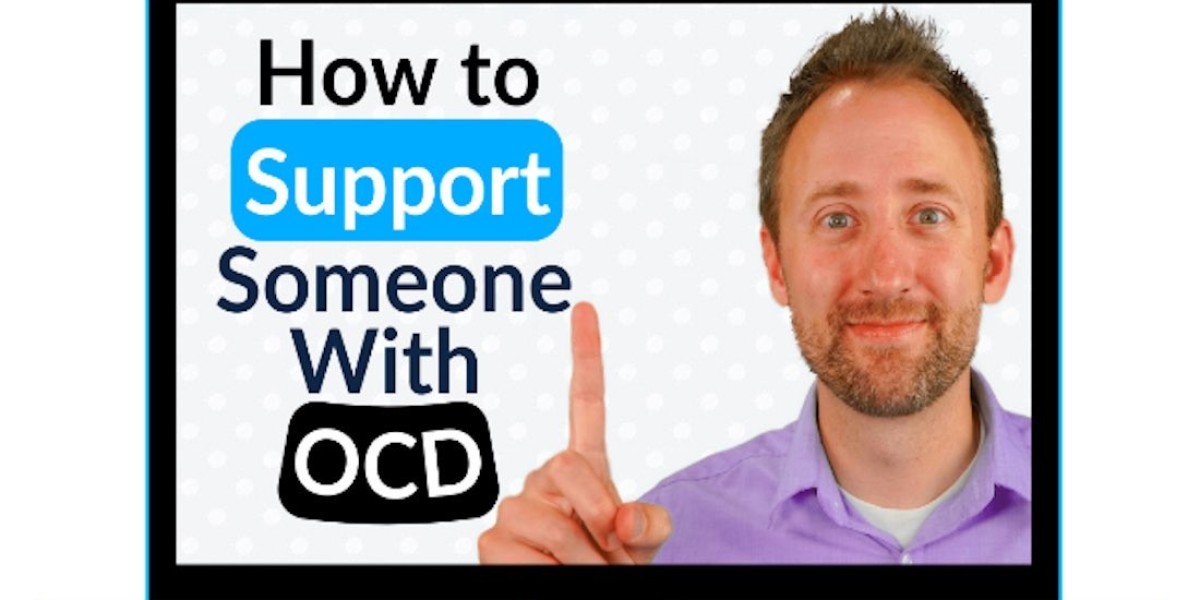Obsessive-Compulsive Disorder (OCD) is a mental health condition that significantly impacts the lives of those affected. Characterized by intrusive, unwanted thoughts (obsessions) and repetitive behaviors or mental acts (compulsions) performed to alleviate distress, OCD is more than a quirk or preference for order. It is a chronic condition that can interfere with daily functioning and relationships. Individuals with OCD often feel trapped in their routines, as their obsessions and compulsions demand time and energy, leading to frustration and emotional exhaustion.
For families of those living with OCD, understanding the condition is crucial. OCD is not a choice, and its symptoms are not easily controlled without appropriate treatment. Recognizing what OCD is helps families empathize with their loved ones, reducing feelings of isolation and blame. Education is the first step in providing effective support, enabling families to understand the complexities of OCD and the importance of treatment approaches such as Exposure and Response Prevention (ERP) therapy.
OCD family support plays a vital role in recovery. Families can unintentionally reinforce compulsive behaviors by accommodating their loved one’s rituals to reduce immediate distress. While these actions stem from love and care, they can inadvertently perpetuate OCD’s cycle. Instead, family members should focus on creating a supportive environment that encourages their loved ones to face their fears and engage in therapy. Open communication, patience, and a willingness to learn together can strengthen the recovery process and foster resilience.
Another aspect of OCD that is often misunderstood is its connection to related conditions, such as dermatillomania. Dermatillomania, or skin-picking disorder, is a Body-Focused Repetitive Behavior (BFRB) commonly associated with OCD. Those with dermatillomania experience an irresistible urge to pick at their skin, often leading to physical harm and emotional distress. While it may not involve traditional obsessions and compulsions, the repetitive nature of dermatillomania shares similarities with OCD, making it a significant concern within the spectrum of obsessive-compulsive-related disorders.
Treating dermatillomania requires a comprehensive approach. Cognitive Behavioral Therapy (CBT) can help individuals identify triggers and develop healthier coping mechanisms to resist the urge to pick. Habit Reversal Training (HRT) is another effective technique, teaching individuals to replace the picking behavior with less harmful actions. Families can play a crucial role here by offering nonjudgmental support and encouraging adherence to therapy.
The journey to recovery from OCD or related disorders like dermatillomania is often challenging, but it is possible with the right support system. Professional treatment, combined with the unwavering encouragement of family, provides a foundation for managing symptoms and improving quality of life. Families must recognize that progress may be gradual, requiring patience and a commitment to ongoing learning and adaptation.
OCD family support is not just about helping a loved one follow their treatment plan. It’s also about fostering an environment where they feel understood and valued despite their struggles. By working together, families and individuals with OCD can navigate the difficulties of the condition and celebrate small victories along the way.
Understanding what OCD is, recognizing related conditions like dermatillomania, and embracing the power of family support create a holistic approach to overcoming these challenges. Recovery requires effort and determination, but with the right tools and a compassionate network, individuals can reclaim their lives and move toward a brighter, more fulfilling future.



